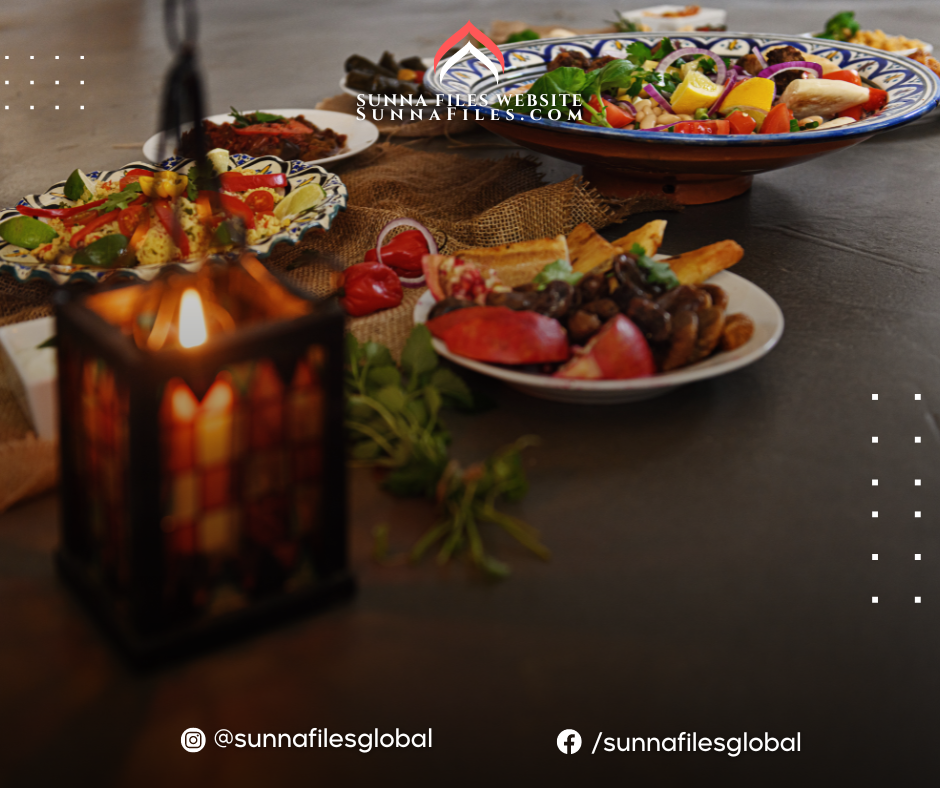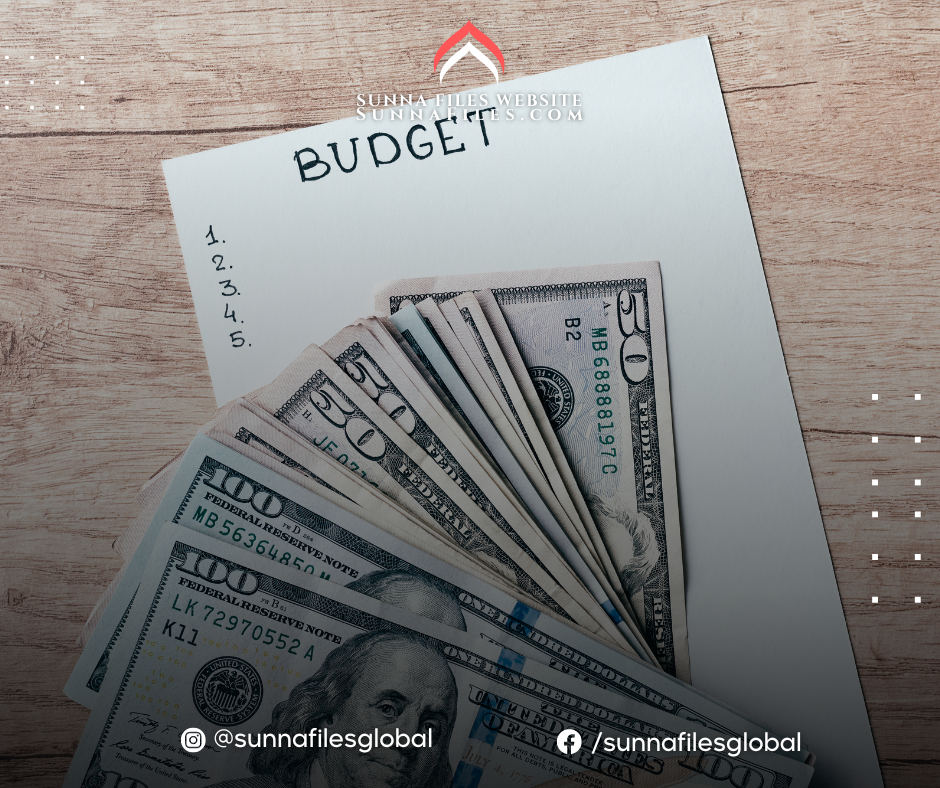Once upon many Ramadans ago, the Holy Month was a month of feasting.
In many Muslim countries, one of the greatest cultures of Ramadan was the setting up of the Ramadan Bazaar.
Sellers of all walks of life would showcase their cuisine, obviously for the consumption of the masses.
While this is a way to lighten the burden on those who are fasting, especially when both parents are working, it also opened the floodgates to excessiveness and overspending.
After all, you’re buying on an empty stomach, and there is elevated pressure, if you’re buying with children!
I know, there were many Ramadans that I overspent.
Recently, there has been a shift away from Ramadan Bazaars, with families becoming more prudent in their spending, and with a stronger focus on healthy eating, which grows in tandem with the spirit of Ramadan.
So, as our family grew over the last decade, we too grew wiser and focused on the more important aspects of Ramadan and all the rewards the month had to offer.
Here are a few pointers that help with the Ramadan budget.
Make Niyyah for Purification of the Mind, Body, and Soul

In one of the most compelling Hadiths about Ramadan, Abu Hurayrah narrates that the Prophet (Peace be upon him) said what means: “Allah, the Lord of Honor and glory says what means: All other deeds of man are for himself, but his fasting is purely for Me and I shall reward him for it.”
Placing the virtues of the fast in this light gives the honour and prestige of fasting during the Holy Month.
While Ramadan will be full of temptations, no less, knowing that the rewards of the fast run deeper than we can imagine forces us to make the right intentions to please Allah and Allah alone, no matter how difficult the fast—or Ramadan in general—becomes.
Intending to purify the mind, body, and soul, eating and extravagance play second fiddle to the rewards of Ramadan, reducing the pressure on spending excessively during the month.
Think of Those Less Fortunate and Give in Charity
Giving some thought and making du’a for the less fortunate is always one of the best ways to put Ramadan in perspective.
After all, withdrawing from food and drink for the entire day, gives us a glimpse of what it is like for those who are living in poverty.
Before working on a budget for Ramadan, look into ways to provide for those who are less fortunate.
It cleanses us of greed and extravagance, and most importantly, helps us emulate the generosity of Prophet Muhammad (Peace be upon him).
“Allah’s Messenger was the most generous of all the people and he used to reach the peak in generosity in the month of Ramadan when Jibreel (angel Gabriel) met him. Jibreel used to meet him every night of Ramadan to teach him the Qur’an. Allah’s Messenger was the most generous person, even more generous than the fair winds.” (Bukhari)
Be Brutally Honest About Finances

Plenty of us experience financial strain, especially with extended families and limited budgets.
So, it’s only natural to be careful with the financial budget – and why not be brutally honest – as it’s certainly not a grand idea to go into debt during Ramadan either.
Ideally, it would be great to stick to a “normal” month’s budget as we generally will eat “less” during the month.
Perhaps shimmying down on the normal budget is even possible, and use the excess budget to buy treats like dates and honey.
Of course, everyone’s budget varies from one family to another. This is especially true if a family has plenty of young children who are not fasting.
Children will still need their normal meals and snacks, regardless of the time of the year.
Arrange for Iftar Gatherings or Look out for Active Community Masjids
Coordinating iftars amongst the Muslim community is a great way to keep a pleasant budget.
Taking turns to buy in bulk and share with a few families can translate into great cost savings.
Some Masjids have iftars within their compound, and pooling financial resources is also a good way to keep a budget intact.
Better still, this is an opportunity to be around like-minded Muslims and to share the rewards of a congregational prayer, which alone can curb food-binging at iftar.
Having friends around will help cull the need to eat non-stop until Isha’ prayers, as good believers are those who remind each other to engage in all that is good.

Remember that the Budget is only Part of Ramadan
On the other hand, it serves as a good reminder that these other aspects of worship, like giving to the poor, reciting the Qur’an, the actual fast, making plenty of invocations, and generally strengthening one’s relationship with Allah, should take precedence over managing (or over-managing) the budget.
In short, there need not be too much energy and stress channelled to looking into the financial accounts during Ramadan, to the point that other forms of ibadah (worship) are grossly neglected.
There is nothing wrong with having a hearty meal once in a while.
There is nothing wrong with a special treat to keep the excitement of Ramadan going.
Why not visit a Ramadan Bazaar, just to enjoy something different?
Moderation is the key, and it’s not all wrong if everything is done in moderation.
And if all other tips are being followed, or at least kept in purview, Insha’Allah, the family budget will certainly fall keenly in place.
Sunna Files Free Newsletter - اشترك في جريدتنا المجانية
Stay updated with our latest reports, news, designs, and more by subscribing to our newsletter! Delivered straight to your inbox twice a month, our newsletter keeps you in the loop with the most important updates from our website












